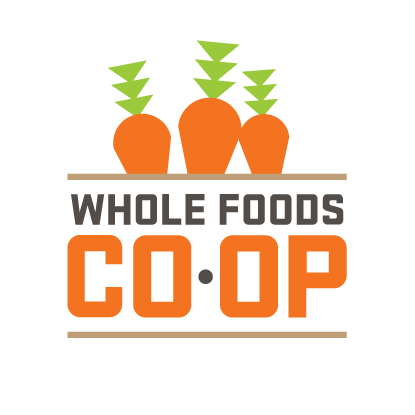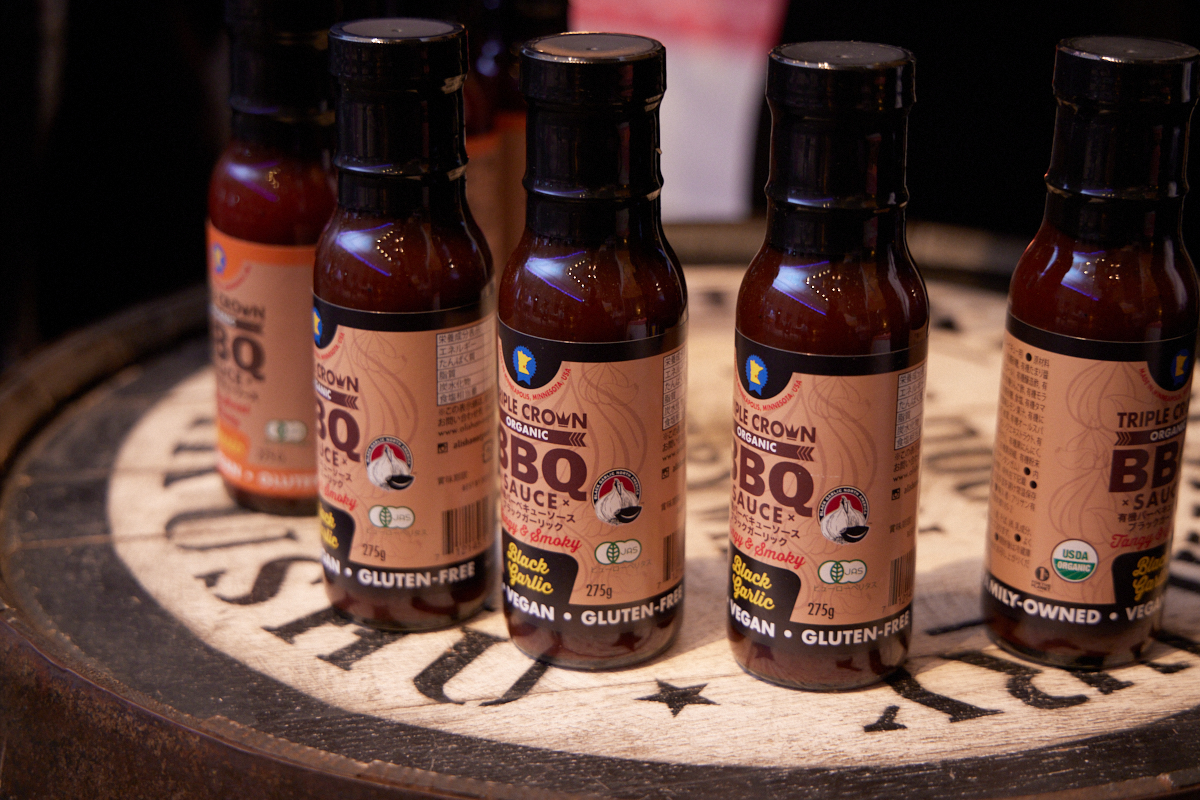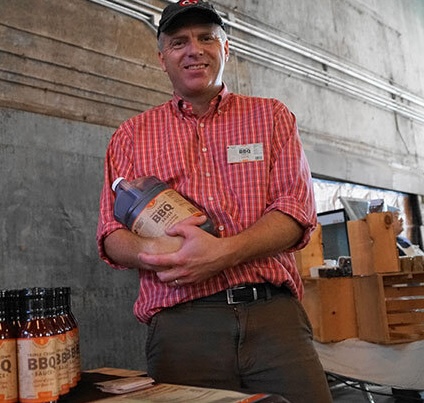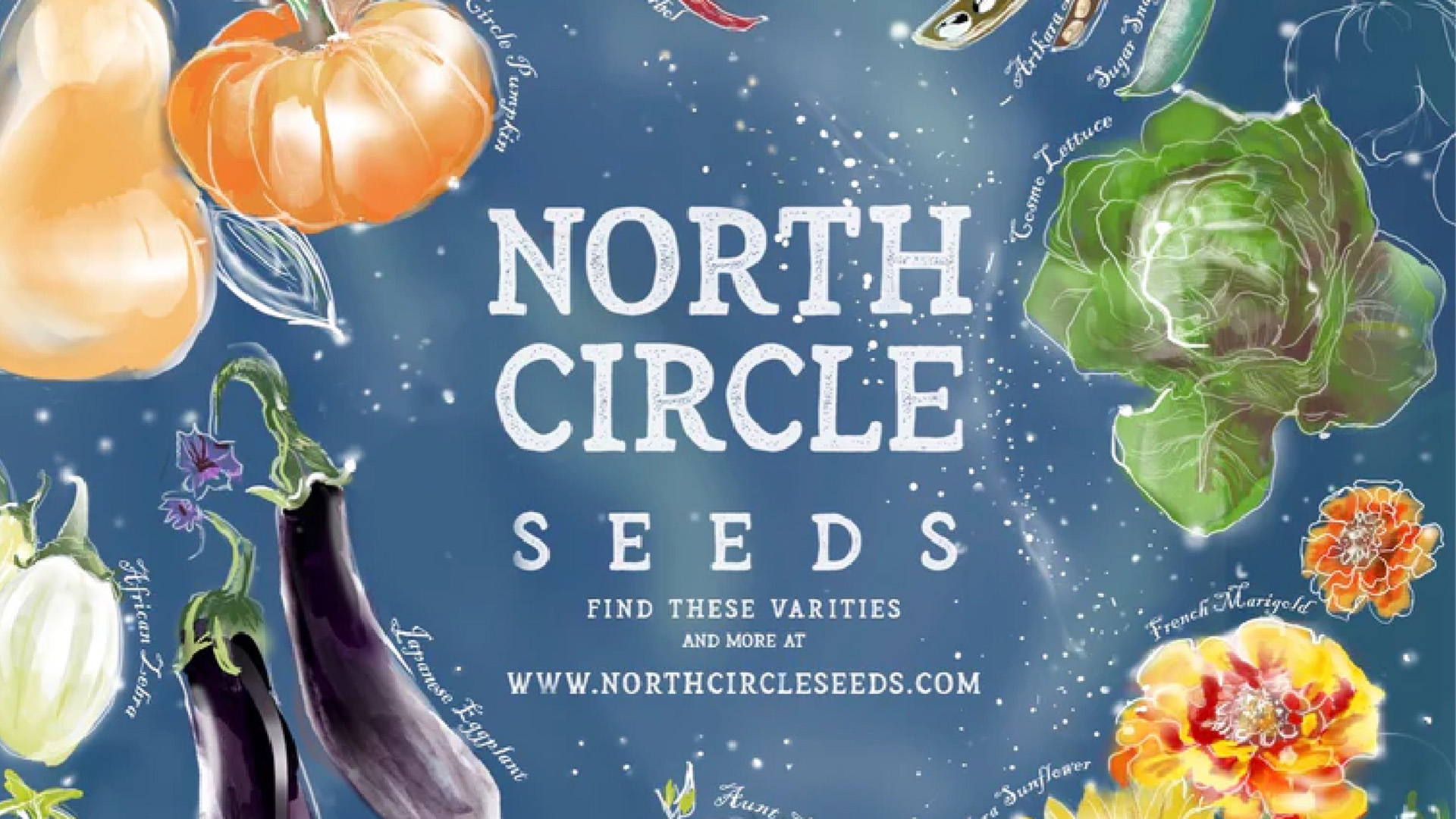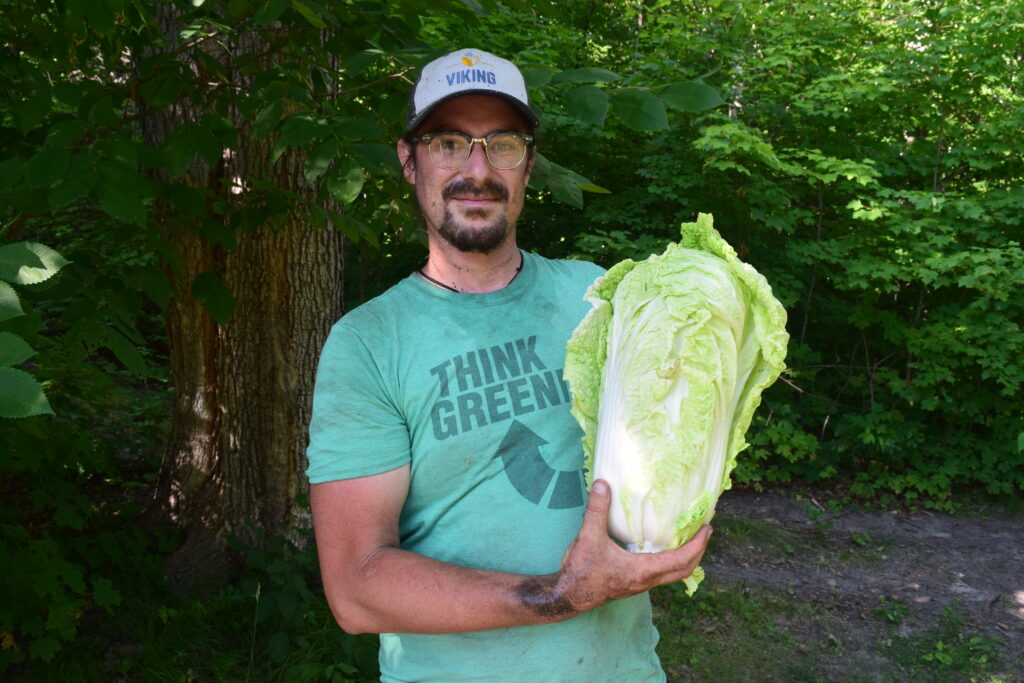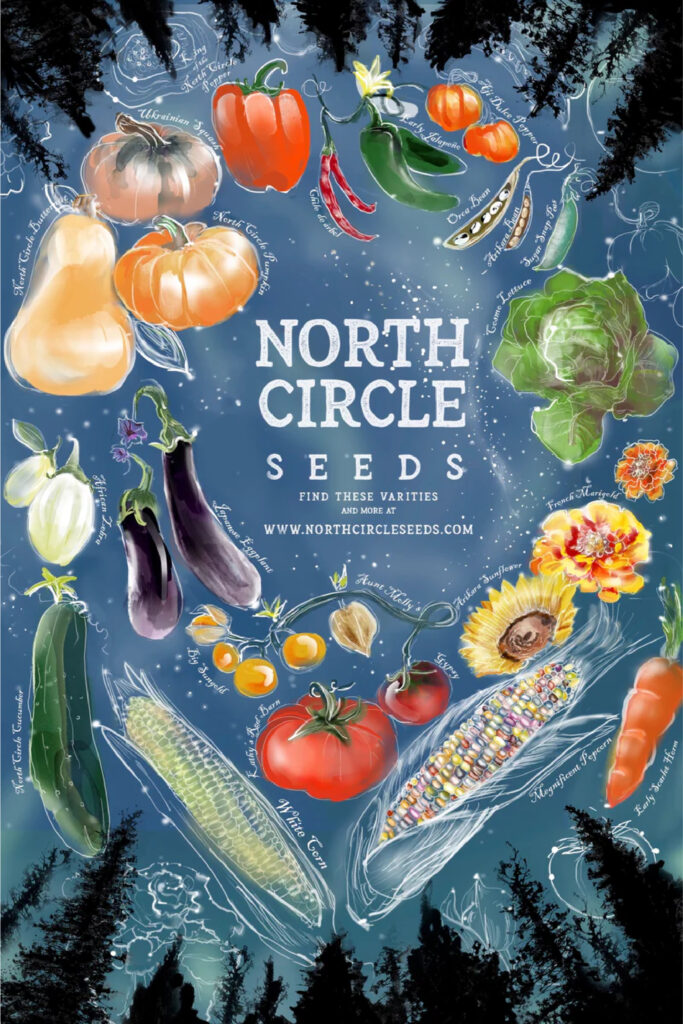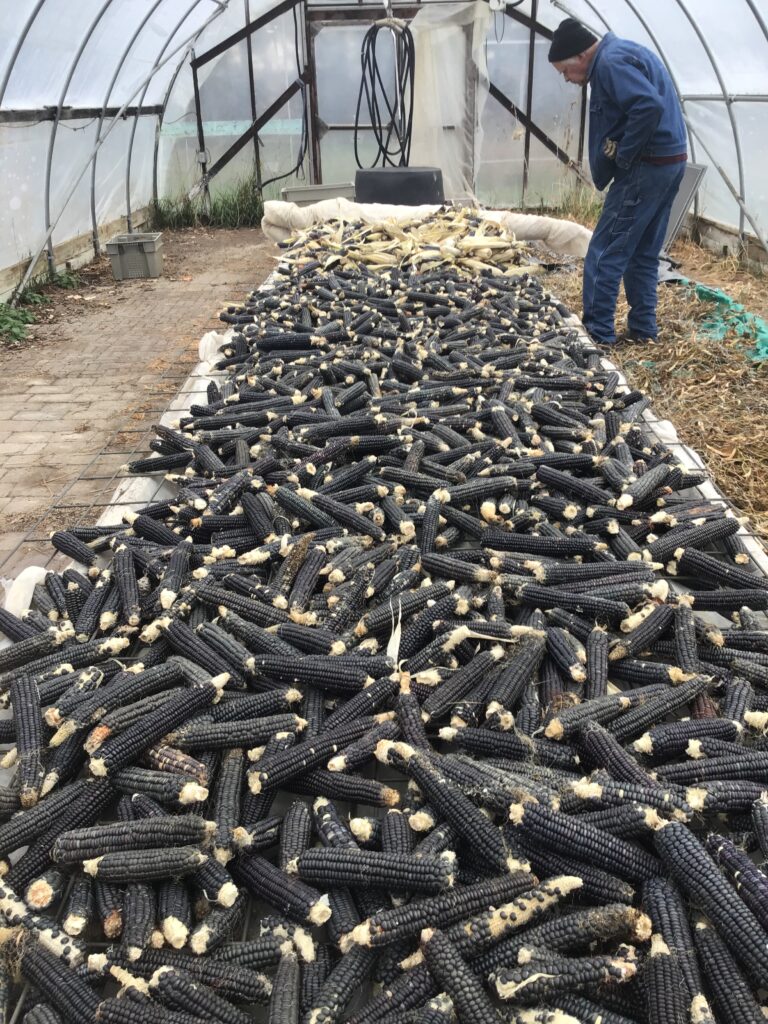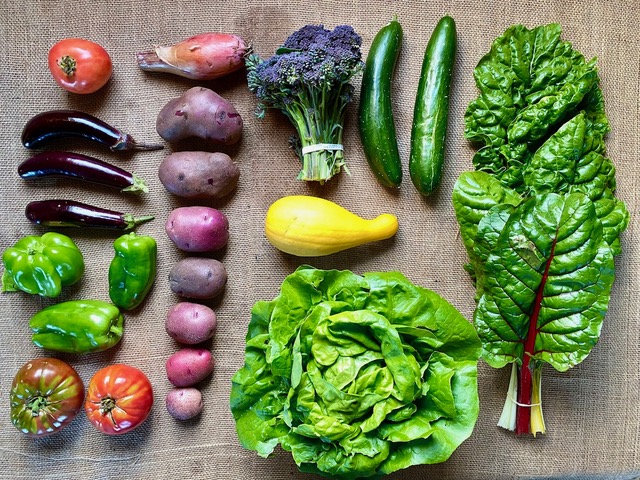the rise of local kombucha
Kombucha has become increasingly popular, captivating enthusiasts with tangy flavors and effervescence, as well as a myriad of potential health benefits.
With this surge in popularity, some believe kombucha to be a new type of beverage. Kombucha is one of those things where what’s old is new again, with the earliest record dating back to over 2200 years ago. Chinese Emperor Qin Shi Huang discovered this fermented tea and consumed it to maintain his youth and vitality. His belief in kombucha’s benefits was so great that he ordered it to be sipped by the entire kingdom, and it became known as the “Tea of Immortality.”
Kombucha, often called “booch,” is created through a two-step fermentation process. Starting with a base of sweetened brewed tea, a symbiotic culture of bacteria and yeast (SCOBY) is introduced. The bacteria and yeast consume sugar, transforming it into various organic acids, most notably acetic acid, which lends kombucha its distinctive tartness. The fermentation process produces trace amounts of alcohol and carbon dioxide, causing natural effervescence. Kombucha is a refreshing alternative to traditional soft drinks.
Two local breweries, Bootlegger Brewing and Northstar Kombucha have become household names in the kombucha revolution. Let’s explore their contributions to the ever-growing kombucha scene, their unique offerings, and some of the processes used by both breweries.
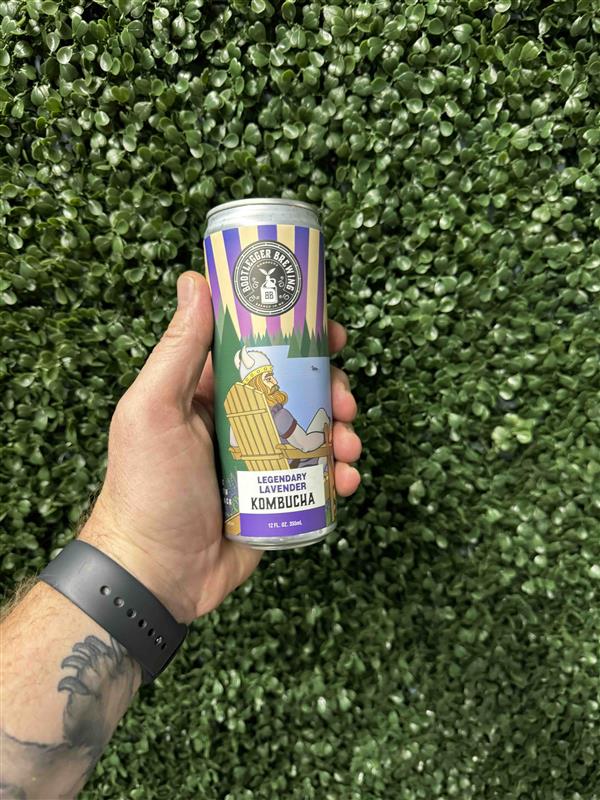
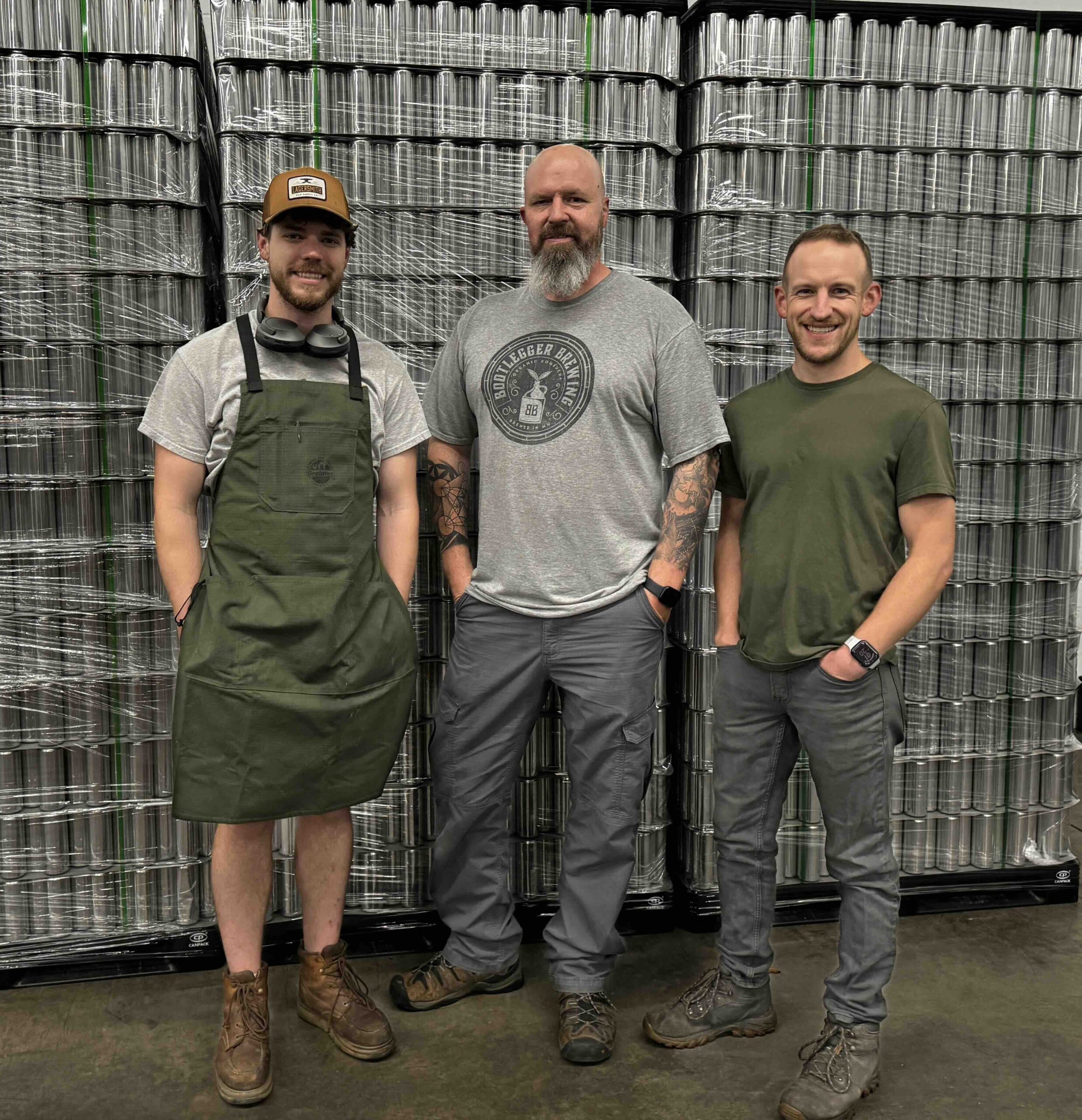
Dylan Hanlon (Production Manager), Jake Haneman (Owner), and Brandon Martin (Operations Manager) of Bootlegger Brewing
Bootlegger Brewing
Bootlegger Brewing, situated in Spring Lake Park, Minnesota, boasts a rich history, bold flavors, and a commitment to providing high-quality kombucha. Owner Jake Haneman embarked on his booch journey in the early 2000s after being diagnosed with cancer. Looking for something to aid his immune system and understanding the health benefits of kombucha, Jake set out to create a unique drink. Coming from a family who always had a batch of kombucha brewing, Jake said that he relied on the “Alaskan hippie biker side of the family” for advice and support. He also relied on their brewing secrets and their 50-year-old SCOBY culture, which is the “mother” of all of Bootlegger Brewing’s kombuchas. After many gallons of trial and error, Bootlegger Brewing made their first delivery in 2016. Today, their beverages are available in over 200 locations.
Bootlegger Brewery offers a diverse range of flavors in small-batch, handcrafted kombucha that cater to all palates. Jake takes pride in using only organic teas and fruit juices to infuse their kombucha with natural flavors and aromas.
Popular varieties, such as Lemony Lookout, Hearty Woodsman Ginger, Sturdy Girl Apple Cinnamon, and Legendary Lavender, are developed carefully, producing a balanced, refreshing drink that captivates the senses.
As demand increased, the company also grew. In 2022, Bootlegger Brewery acquired its own canning line and expanded its team to include six employees. Throughout the process, Jake has been committed to using sustainable practices, organic ingredients, and accessing local goods and services whenever possible.

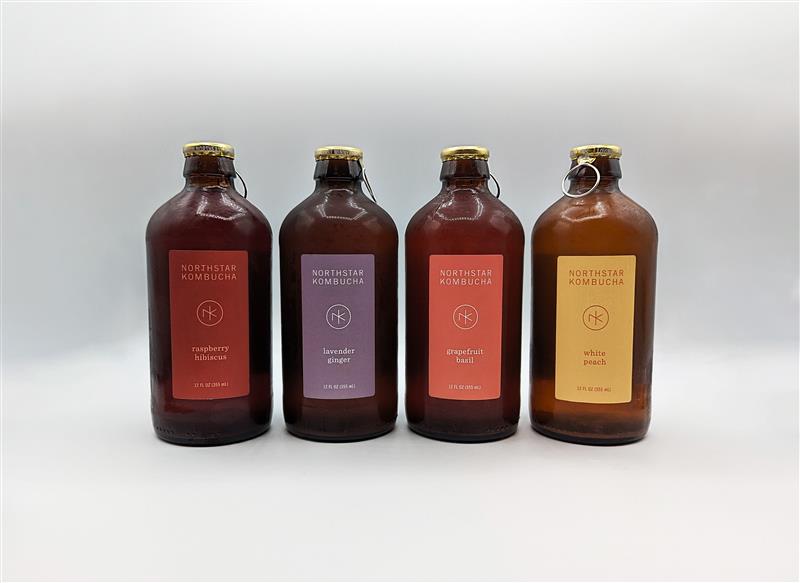
Northstar Kombucha
Northstar Kombucha, based in Northeast Minneapolis, has been producing high-quality, innovative kombucha since 2017. The commitment to quality and flavor that Dan and Christina Fischer brought to establishing the company continues to grow.
Northstar Kombucha is made without additional sugar, sweeteners, or juices. It is proudly produced with local ingredients – many of which are procured from local farms – and is bottled using only US-made bottles. Rishi Tea and Botanicals, a Wisconsin-based tea company that you may recognize from the Co-op’s shelves, provides the tea for Northstar’s recipes.
According to Dan, sometimes changes to the product must be made to delight the customer and maintain a high-quality standard. Northstar is keeping to that standard by introducing exciting new flavors to the line-up, including Raspberry Hibiscus, White Peach, and the seasonal Mango Turmeric. Northstar Kombucha is an excellent choice if you’re looking for delicious and healthy kombucha products that cater to an adventurous palate.
In the ever-evolving world of kombucha, Bootlegger Brewing and Northstar Kombucha have made their mark with exceptional flavors. Whether you’re a kombucha connoisseur or a curious newcomer, be sure to seek out these local gems available at the Co-op.
